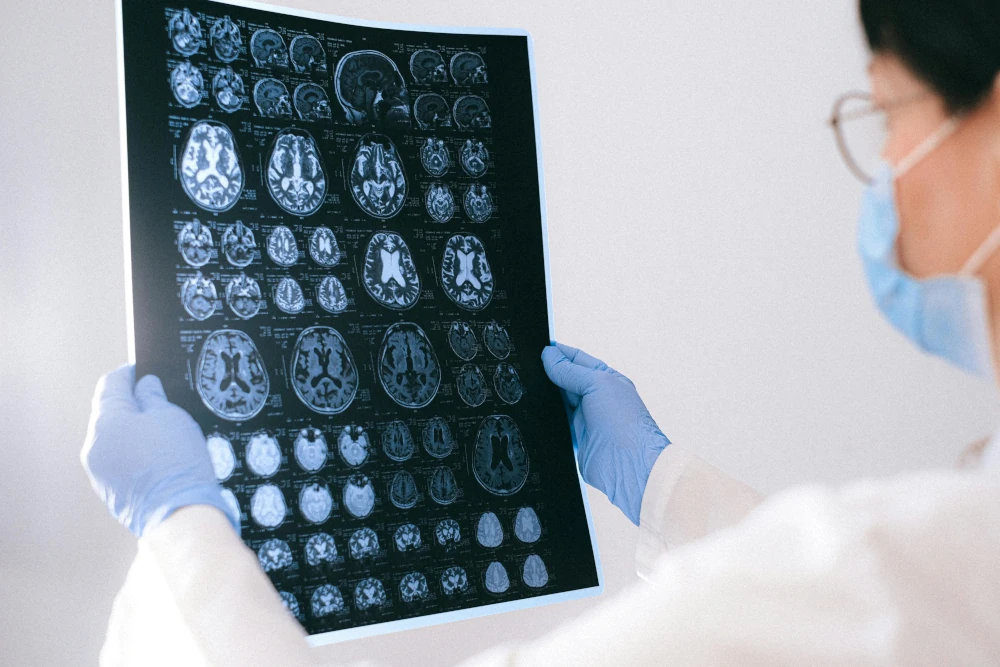
The healthcare industry is undergoing a remarkable transformation, driven by technological advancements and the increasing demand for efficient, patient-centered care. As we navigate through 2024, the latest software solutions in healthcare are not only enhancing the quality of care but also optimizing operational efficiencies. In this blog post, we will explore some of the most significant software innovations shaping the healthcare landscape, including Electronic Health Records (EHRs), telemedicine platforms, artificial intelligence (AI), patient management systems, and cybersecurity measures.
Key Considerations When Hiring a Software Provider
When hiring a software provider, thorough research and careful consideration are essential. Start by defining your specific needs and objectives, whether it’s developing a new application, upgrading existing software, or integrating systems. Look for specialist software providers with a strong track record of delivering similar projects and a deep understanding of your industry’s requirements. Consider factors such as technical expertise, scalability, security measures, and ongoing support and maintenance services.
Conduct interviews and request proposals from multiple providers to compare their offerings, pricing structures, and timelines. Choose a provider that not only meets your technical requirements but also aligns with your company’s values, communication style, and long-term goals. Effective collaboration and clear expectations from the outset are key to a successful partnership with a software provider.
Electronic Health Records (EHRs)
Electronic Health Records (EHRs) have been a cornerstone of healthcare IT for several years, but recent developments have further enhanced their capabilities. EHRs are digital versions of patients’ paper charts and include comprehensive data such as medical history, diagnoses, medications, treatment plans, immunization dates, allergies, radiology images, and laboratory test results. The latest EHR solutions offer several new features:
Interoperability
One of the significant challenges with traditional EHR systems was the lack of interoperability—the ability of different systems to communicate and exchange information. Recent advancements have focused on creating more interoperable systems that can seamlessly share data across various healthcare providers, hospitals, and clinics. This ensures that patients receive coordinated and efficient care, regardless of where they seek treatment.
Cloud-Based Solutions
Cloud-based EHRs are gaining popularity due to their scalability, cost-effectiveness, and ease of access. These systems allow healthcare providers to access patient information from anywhere, at any time, facilitating better decision-making and patient care. Moreover, cloud-based solutions often come with enhanced security measures to protect sensitive patient data.
Enhanced User Experience
Modern EHR systems are designed with the user in mind, featuring intuitive interfaces and user-friendly designs. This reduces the administrative burden on healthcare providers, allowing them to focus more on patient care. Advanced analytics and reporting tools integrated into EHRs also provide valuable insights into patient populations and treatment outcomes.
Telemedicine Platforms
Telemedicine has revolutionized the way healthcare services are delivered, particularly in the wake of the COVID-19 pandemic. It offers a convenient and cost-effective way for patients to receive care without the need for in-person visits. Here are some of the latest developments in telemedicine software:
Integration with EHRs
Integrating telemedicine platforms with EHRs ensures that patient data from virtual visits is automatically recorded in their medical records. This integration facilitates seamless continuity of care and reduces the risk of data entry errors.
AI-Powered Diagnostics
Telemedicine platforms are increasingly incorporating AI-powered diagnostic tools that can assist healthcare providers in evaluating symptoms and recommending appropriate treatments. These tools analyze patient data, including medical history and reported symptoms, to offer diagnostic suggestions, thereby improving the accuracy and speed of diagnosis.

Remote Monitoring
Advancements in wearable technology and Internet of Things (IoT) devices have enabled telemedicine platforms to include remote monitoring features. Patients with chronic conditions can use wearables to track vital signs such as blood pressure, glucose levels, and heart rate, which are then transmitted to their healthcare providers in real time. This continuous monitoring allows for timely interventions and better management of chronic diseases.
Artificial Intelligence (AI) in Healthcare
Artificial Intelligence (AI) is making significant strides in healthcare, offering solutions that range from predictive analytics to personalized treatment plans. Here are some key areas where AI is having a profound impact:
Predictive Analytics
AI-driven predictive analytics can analyze vast amounts of data to identify patterns and predict potential health issues before they become critical. For example, AI algorithms can predict which patients are at risk of developing conditions like diabetes or heart disease, enabling proactive interventions and personalized care plans.
Medical Imaging
AI is revolutionizing medical imaging by enhancing the accuracy of image analysis. AI algorithms can detect abnormalities in medical images, such as X-rays, MRIs, and CT scans, with a level of precision that rivals human experts. This capability not only speeds up the diagnostic process but also reduces the likelihood of errors.
Patient Management Systems
Efficient patient management is crucial for delivering high-quality healthcare. The latest patient management systems offer several features that enhance the patient experience and improve operational efficiencies:
Appointment Scheduling
Modern patient management systems include advanced appointment scheduling tools that allow patients to book, reschedule, or cancel appointments online. These systems can also send automated reminders to reduce no-show rates and ensure better utilization of healthcare resources.
Patient Portals
Patient portals are becoming an integral part of patient management systems. These portals provide patients with secure access to their medical records, test results, and treatment plans. Patients can also communicate with their healthcare providers, request prescription refills, and manage their health information online.
Learn more: Everything Employers Need to Know About Proper Worker Healthcare


